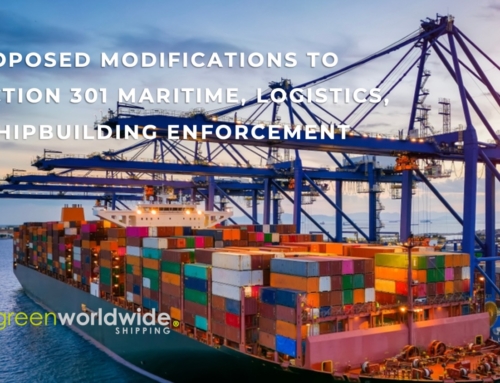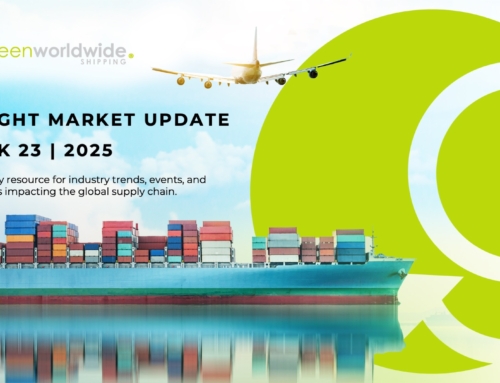The U.S. Commerce Department recently solicited insights on strengthening supply chain resilience through the Indo-Pacific Economic Framework (IPEF). Diverse stakeholders, including trade associations and companies, have offered varying perspectives, such as restoring and trade liberalization, on achieving this critical objective.
Federal Register: Request for Comments on Commerce Supply Chain Risk Assessment and IPEF Supply Chains
DIVERSE OPINIONS ON TRADE LIBERALIZATION AND RESHORING
Responses highlighted a divide in strategic approaches. Many stakeholders emphasized the importance of trade liberalization with allies to mitigate risks of shortages and potential geopolitical tensions. They argue that maintaining open trade relationships and reducing barriers would bolster supply chain robustness and economic security. The National Customs Brokers & Forwarders Association of America (NCBFAA), for example, stressed the significance of stable, long-term trading relationships and cautioned against abrupt policy shifts that could disrupt existing partnerships and supply chain dynamics.
Conversely, some advocated for reshoring and friendshoring, arguing that these strategies could undermine international dependencies but might also strain domestic production capabilities. Advocates suggest that nearshoring could secure supply chains more effectively by relying on geographically closer partners, thereby potentially reducing the vulnerability associated with long-distance logistics.
TRADE INDUSTRY COMMENTS
Trade and industry groups provided specific recommendations to the Indo-Pacific Economic Framework (IPEF):
- Trade Preference Legislation: The NCBFAA criticized lapses in programs like the Generalized System of Preferences, advocating for consistent policies to ensure business certainty.
- Transparency and Coordination: The Information Technology Industry Council highlighted the need for more transparent government actions on supply chain diplomacy, urging the publication of comprehensive lists of initiatives and stakeholder engagement opportunities.
- Sector-Specific Needs: Groups like the National Pork Producers Council and the Trade Alliance for Health called for the inclusion of critical goods such as medical supplies and key agricultural inputs in the IPEF Supply Chain Agreement, pointing out the strategic necessity of these goods in national and global crises.
- Domestic Capabilities and Incentives: Comments from the American Feed Industry Association and U.S. Steel emphasized the importance of enhancing domestic production capabilities through incentives and regulatory frameworks to fend off international competition and ensure supply chain stability.
Commentors also noted ongoing challenges such as the complexity of the supply chains and the role of geopolitical factors. Critical mineral supply chains, for example, are highly concentrated and vulnerable to disruptions from geopolitical instability or natural disasters. Additionally, concerns about foreign investments, particularly from China, were voiced, underscoring the need for strategic oversight and robust trade remedies.
As the U.S. navigates the intricate landscape of international trade and supply chain management, the diverse inputs from various sectors underline the need for a balanced approach that considers both global integration and domestic capabilities. The ongoing debate between trade liberalization and reshoring presents a complex scenario for policymakers aiming to bolster economic and national security through enhanced supply chain resilience. The outcomes of these discussions will likely shape the future strategies in trade and economic policies in the Indo-Pacific region and beyond.
SEE RELATED ARTICLE: IPEF SUPPLY CHAIN AGREEMENT: STRENGTHENING GLOBAL TRADE (Sept. 2023)
Stay up-to-date on freight news with Green’s Weekly Freight Market Update by following us on LinkedIn. For continuous updates, make sure to check out our website at greenworldwide.com.






